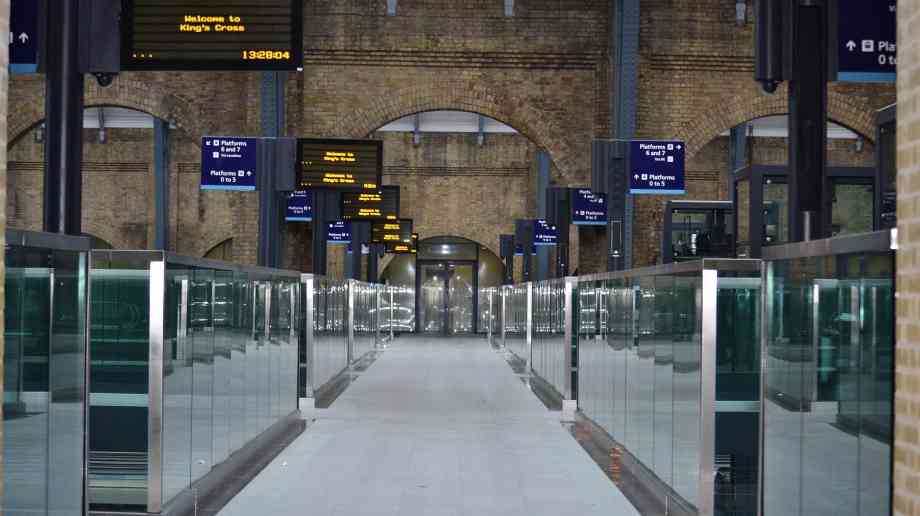Sue Robb of 4Children talks to Julie Laughton and Alison Britton from the Department for Education about the role of childminders in delivering the 30 hours free entitlement.
Infrastructure decisions need long-term projections

The National Infrastructure Commission has said that the government should maintain spending on public transport, even though its usage has dropped during the pandemic.
Behaviour change, especially in the use of public transport, broadband networks and utilities, could make a significant difference to infrastructure demand for some sectors, but the NIC says that public surveys and initial responses as the UK edges out of coronavirus restrictions are not a reliable guide to shifts in mass behaviour over the longer term.
The Commission has developed five scenarios for different plausible futures based on varied amounts of home working, movement from cities and appetite for social gatherings. It suggests that, given the extent of uncertainty about future behavioural change, comparing the variance between these scenarios is the most useful insight for infrastructure planning.
The National Infrastructure Commission’s approach indicates that public transport faces the widest possible range of impacts from behaviour change. The average number of public transport trips in the scenario with lowest estimated demand is around 25 per cent lower than in the highest demand scenario over the next 30 years, though the paper stresses the level of uncertainty about how demand could be affected by other factors such as economic and population growth. Variation of private car use between the scenarios is less significant but still marked, with a range of 10 per cent between scenarios.
The paper also sets out how changes in the distribution of demand over time and place could be as significant as changes in its total level, particularly for networks like public transport built to manage peak time capacity. For example, flexible working may mean flatter peaks on public transport, or a small amount of additional road traffic could lead to congestion in some town centres, potentially slowing journey times considerably.
The Commission highlights the importance of long term investments being assessed against the full range of potential scenarios rather than speculative projections, and the value of adopting an ‘adaptive’ approach to investment.
Commissioner Andy Green said: “The inconvenient fact is that it is always too soon to know what will happen in the future. Responsible investment decisions require honesty about the huge uncertainties that exist in considering which behaviour changes will remain decades after Covid restrictions are lifted. But infrastructure decisions cannot be postponed indefinitely and the scenarios we have set out provide one tool for assessing the best options.
“While there are no easy answers, another tool is to adopt a phased approach to major investments, identifying trigger points for different project stages based on what the data is telling us about long term shifts in how we live and work.”
Company Focus
Just Lanyards is a subsidiary name of Gifts 2 Impress Limited, who have been trading for over 25 years, we therefore pride ourselves in having endless experience covering all aspects of the promotional merchandise industry.
Event Diary
UKREiiF has quickly become a must-attend in the industry calendar for Government departments and local authorities.
The multi-award-winning UK Construction Week (UKCW), is the UK’s biggest trade event for the built environment that connects the whole supply chain to be the catalyst for growth and positive change in the industry.
Supplier Profiles
Geo Energy
At GeoEnergy Design, we're on a mission to disrupt the traditional way heating and cooling ha
Latest Features
Professor Harith Alani, director of the Knowledge Management Institute at the Open University explains how AI can be used for good and bad.
Alex Lawrence, head of health & social care, techUK sets out techUK’s Five Point Plan for CareTech.

















